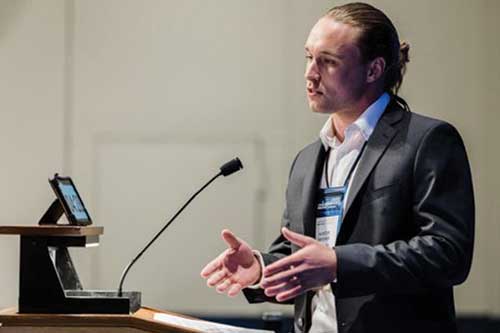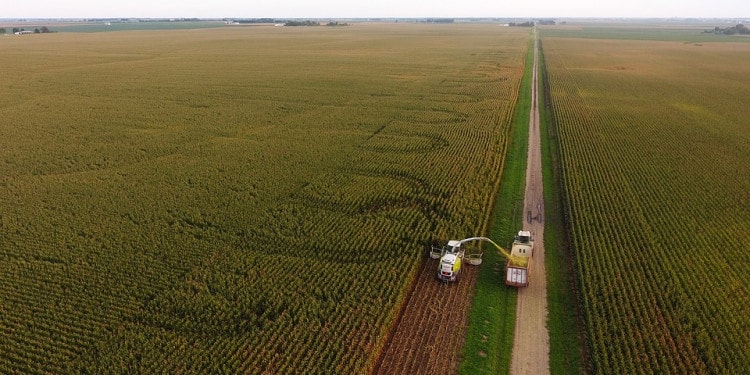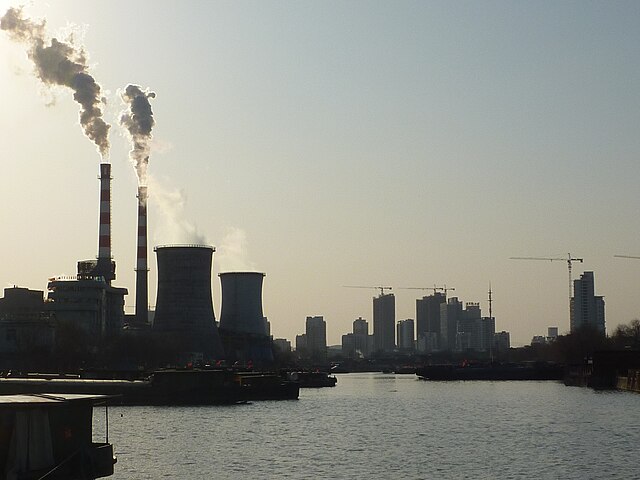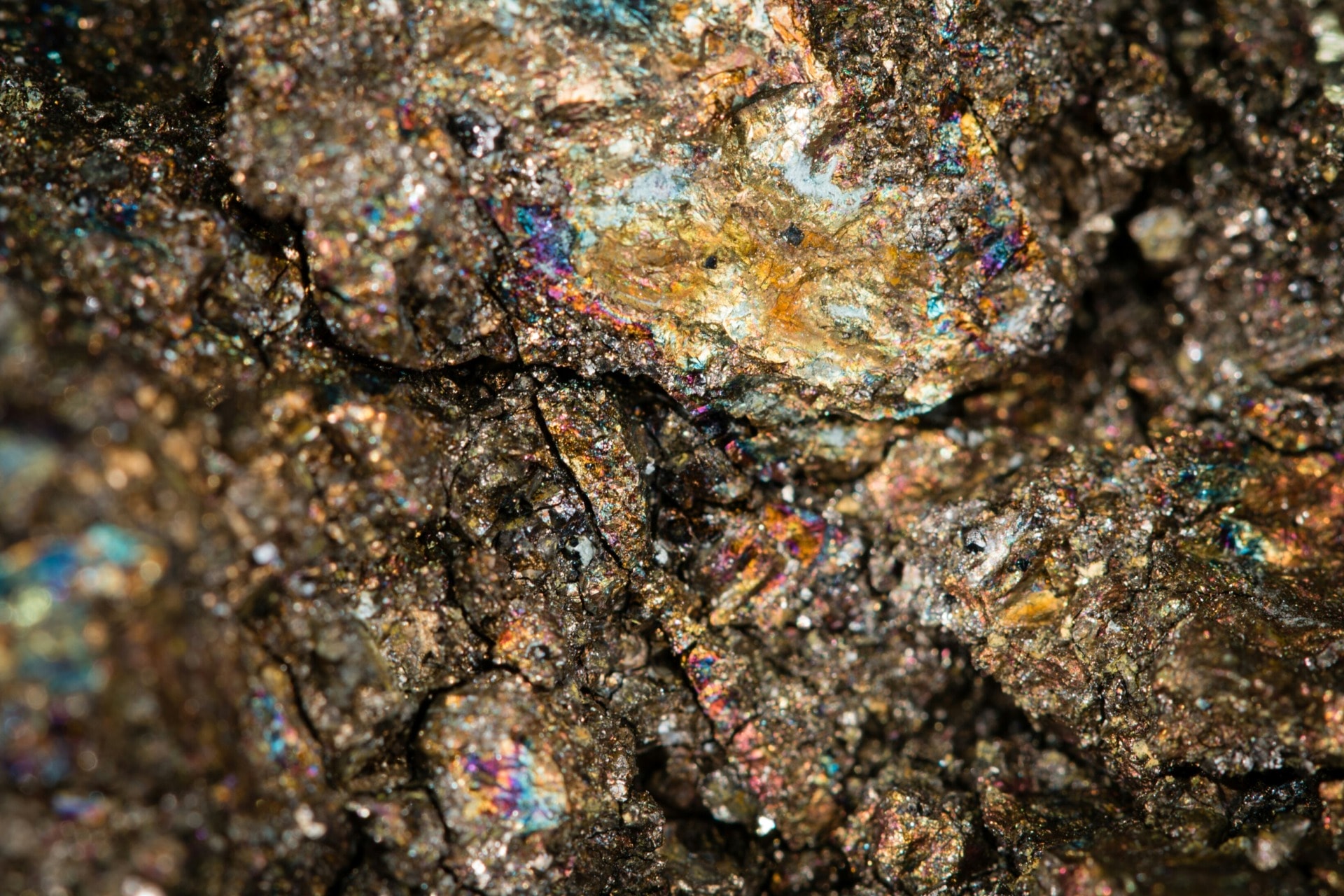Our featured Silicon Valley Insider is addressing one of the most serious threats to our planet’s coasts and lakes: nutrient pollution. Last week, Phospholutions, a State College, PA-based fertilizer startup, raised up to $1.5m in funding.
Backers in the deal included 1855 Capital and Maumee Ventures, the venture capital subsidiary of The Andersons, Inc., a diversified U.S. agribusiness. The Company will use the funds to expand its team and support the launch of the Company’s first commercial product line, RhizoSorb® and RhizoSorb® Plus. Both products aim to reduce phosphorus runoff and enhance plant health, decreasing the amount of water and fertilizer needed for successful plant growth.
In certain amounts, this nutrient is critical to support life in freshwater systems, but excessive and wasteful use of phosphorus in both the industrial and agricultural applications pose an incredible threat to the planet’s water sources. Eutrophication, or excess nutrients in a water system, can cause “dead zones”, toxic algal blooms and reduced biodiversity, among other harmful effects. In the UK, about 40% of lakes fail to meet the water quality targets of the EU’s Water Framework Directive, mostly as a result of phosphorus runoff. This runoff has also led to increased consumption by livestock and humans alike, raising health concerns.

Earlier this week, I caught up with Hunter Swisher, Phospholutions CEO, to learn more about this issue and their solution. He was attending the 87th Annual International Fertilizer Conference (IFA2019) in Montreal. I caught him as he was preparing for the Plant Nutrition Startup Showcase, which was set to take place the next day. It was clear to me that his pitch was well-rehearsed, as his delivery was succinct and thorough.
He obtained his Bachelor of Applied Science Degree in Plant Sciences from Penn State University, which was also the birthplace of the company. After hearing that one of his professors was issued two patents for his soil-enhancement inventions, and learning that they were sitting on the shelf in the intellectual property office of the university, he set out to pursue commercialization. His timing was impeccable as the university’s new president had launched a new initiative to support economic development, called Invent Penn State, which helped Hunter get the idea off the ground.
When asked about the intellectual property behind RhizoSorb®, Hunter explained, “Our IP focuses on using an absorbent to both adsorb and desorb phosphorus in fertilizer.” He continued, “RhizoSorb® soaks up what fertilizer is being applied and keeps in place like a sponge until it’s soaked up by the plant.”

He was also excited to share the news that their new product, RhizoSorb® Plus, which is expected to be released by the end of the year, would come preloaded with the nutrients needed for plant growth.
Hunter went on to explain in great depth that phosphorus is a finite resource, and the nutrient is wasted at several points in its life cycle.
“More than 60% of the phosphorus in fertilizer is never utilized by the plant”, he mentioned, “and that’s scary when we apply about $78 billion dollors of phosphorus globally each year.”
The good news is that Phospholution isn’t the only company working on new ways to remove excess phosphorus from the environment. The Vancouver, British Columbia company, Ostara, raised $11 million in January of this year to continue to expand their global nutrient recovery products in farming and municipal water treatment.
We are excited and hopeful to see the positive impact of Phospholution’s products on the environment, and hope to catch up with Hunter in the future.
A few other deal’s we are paying attention to from this past week:
- Delhi-based startup Chakr Innovation raises $2.7 million to cut India’s air pollution.
- Seattle, Washington’s LevelTen closes $20.5 million to enable companies to switch to renewable power.
- Norway’s Spacemaker raises €22 million to help urban developers build sustainably.
Check back next week for more impact-focused venture deals of the Week in the Silicon Valley Insider!
In the Cover Picture: Crop Corn Harvest Farming Agriculture. Photo Credit: Pixabay.
EDITOR’S NOTE: The opinions expressed here by Impakter.com columnists are their own, not those of Impakter.com.













